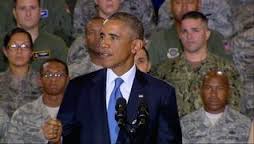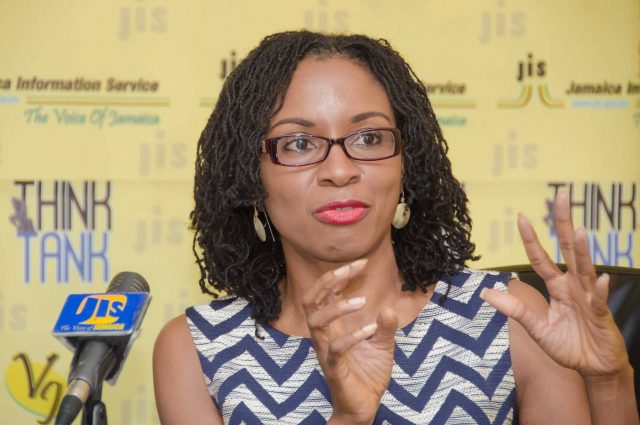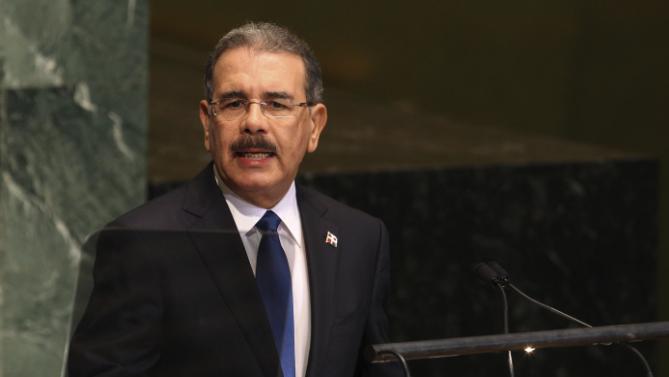Obama: Don’t want ‘militarized’ police culture in aftermath of Ferguson
By Nedra Pickler
THE ASSOCIATED PRESS
WASHINGTON _ President Barack Obama asked federal agencies on Monday for concrete recommendations to ensure the U.S. isn’t building a “militarized culture” within police departments, as he promoted the use of body cameras by police in the wake of the shooting of an unarmed black teen in Ferguson, Missouri.
With protests ongoing in Ferguson and across the country, Obama spoke to reporters at the end of a White House meeting with police, civil rights activists and local leaders and acknowledged the participants told him that there have been task forces in the past and “nothing happens.”
“Part of the reason this time will be different is because the president of the United States is deeply invested in making sure that this time is different,” Obama said.
Obama said he was upset to hear the young people in the meeting describe their experiences with police. “It violates my belief in what America can be to hear young people feeling marginalized and distrustful even after they’ve done everything right.”
At least for now, Obama is staying away from Ferguson in the wake of the uproar over a grand jury’s decision last week not to charge the police officer who fatally shot 18-year-old Michael Brown. Violent protests and looting erupted after the decision, resulting in at least a dozen commercial buildings being destroyed, despite Obama’s pleas for calm.
In tandem with the meeting, the White House announced it wants more police to wear cameras that capture their interactions with civilians. The cameras are part of a $263 million spending package to help police departments improve their community relations. Of the total, $74 million would be used to help pay for 50,000 of the small, lapel-mounted cameras to record police on the job, with state and local governments paying half the cost
Pushing back on concerns the task force would be all talk and no action, Obama said this situation was different because he was personally invested in ensuring results. He said young people attending the meeting had relayed stories about being marginalized in society and said those stories violate “my idea of who we are as a nation.
“In the two years I have remaining as president,” Obama said, “I’m going to make sure we follow through.”
U.S. Attorney General Eric Holder travelled to Atlanta Monday to meet with law enforcement and community leaders for the first in a series of regional meetings around the country. Obama asked Holder to set up the meetings in the wake of clashes between protesters and police in Ferguson.
Speaking at Ebenezer Baptist Church in Atlanta _ the church where the Rev. Martin Luther King Jr. preached _ Holder said that he will soon unveil long-planned Justice Department guidance aimed at ending racial profiling by federal law enforcement.
“This will institute rigorous new standards _ and robust safeguards _ to help end racial profiling, once and for all,” said Holder. “This new guidance will codify our commitment to the very highest standards of fair and effective policing.”
Holder’s meeting in Atlanta included a closed roundtable discussion with law enforcement and community leaders followed by a public interfaith service and community forum.
The selection of King’s church as the site for the meeting was significant. The most successful and enduring movements for change adhere to the principles of non-aggression and nonviolence that King preached, Holder said.
While the grand jury has made its decision, the Justice Department continues its investigation into the death of Brown and into allegations of unconstitutional policing patterns or practices by the Ferguson Police Department, Holder said to loud applause.
Holder, who plans to leave his Attorney Generalposition once a successor is confirmed, has identified civil rights as a cornerstone priority for the Justice Department and speaks frequently about what he calls inequities in the treatment of minorities in the criminal justice system. He has targeted sentences for nonviolent drug crimes that he says are overly harsh and disproportionately affect black defendants and has promoted alternatives to prison for non-violent offenders.





